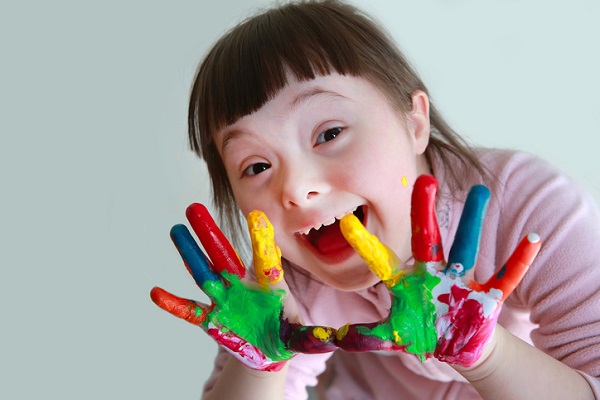
Few career paths are as fulfilling as one that allows you to work with a child with disabilities. While there can be challenges along the way, the payoff of knowing that you have helped improve the quality of life of such children is something that most people in this field of work find highly rewarding.
After community support worker college, you can choose to work in several settings where you can assist children with disabilities, such as at a social service agency, or in the public-school system. If you decide to work with children with disabilities, here are a few ways you can help them thrive.
Use Your Community Support Worker Training to Respond to Children’s Unique Needs
It’s important to recognize that the term disabilities (which is often coined by the phrase “special needs”) in the school system covers a wide range of conditions that require specific, special accommodations. Learning disabilities, deafness or hearing impairment, visual impairment, Autism Spectrum Disorder (ASD), physical disabilities, and more are all considered types of disabilities. No two children who have disabilities are alike, which is why you’ll need to adapt to each individual child’s strengths and challenges.

Fortunately, your community support worker training can prepare you for the flexibility required when working with children with disabilities. For example, you’ll learn about applying adapted and modified teaching strategies for individuals with different learning styles. You’ll even get to see how these teaching strategies work in practice by completing a work experience placement in a school setting.
Remain Calm and Compassionate in Situations That Are Challenging for Children
While working with children with disabilities is highly rewarding, challenging situations will occasionally arise. Depending on the child’s condition, they may display behaviours that are disruptive. For example, a child with attention deficit hyperactivity disorder (ADHD) may fidget or become easily distracted, or a child with ASD may suffer a meltdown because they feel overwhelmed.
It’s important to remember that part of the issue is that many environments are challenging for children with disabilities. Traditional classroom settings, for example, require students to sit still and be quiet, which is something that a child with ASD or ADHD may have trouble with. Instead of trying to force the child to adapt to an environment that is unsuitable for them, it’s important to show compassion and try to understand why the child is behaving a certain way and think of what can be done to help. This may include, for instance, giving the child a chance to be by themselves or making modifications to the environment so that they are better accommodated.
CSW Training Teaches You to Work with Parents to Help Children Succeed
When working with children with disabilities, it is common to also work closely with their parents and other family members. One of the benefits of community support worker college is that it prepares you not only to work with children with disabilities, but also to work effectively with their parents.

Communicating with parents ultimately helps the child because chances are the parents will be familiar with their child’s needs. For example, a parent of a child with ASD will likely know what situations are likely to be triggering for their child. By communicating with the parents in and identifying what those triggers are, you can help create a more comfortable and welcoming environment for their child.
Do you want to begin a highly rewarding career?
Contact Discovery Community College to learn more about our community support worker diploma.
